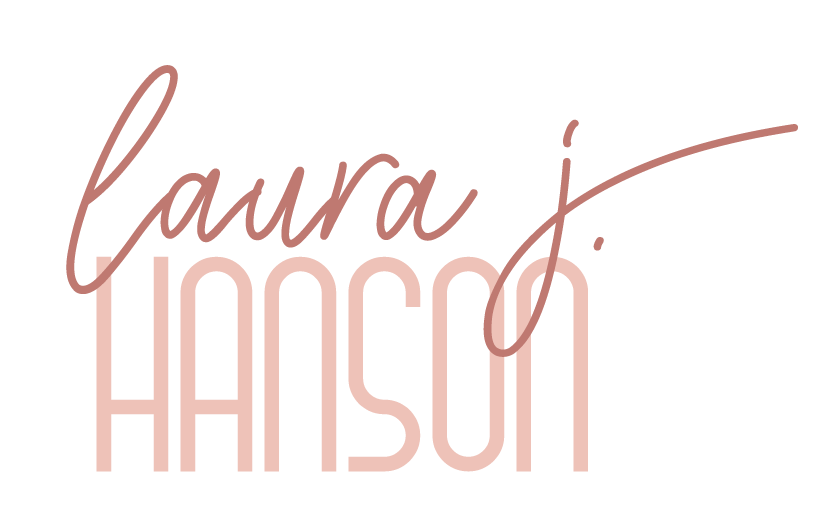How Gratitude Can Help You Through a 60-Hour Work Week
It’s easy to feel overwhelmed when stress robs us of perspective. If you spend 12 hours of your day engaging in meetings and sitting in front of a computer screen, overwhelming feelings of exhaustion can be difficult to overcome. Long hours at the office can also trigger anxiety for those juggling an endless list of work-related tasks – especially while simultaneously striving to maintain a healthy and balanced lifestyle.
Flexibility in the workplace is trending, enabling professionals to work remotely to better achieve work-life balance. A study by EY showed that young professionals in particular seek full-time jobs that enable increased flexibility. But how should we handle intermittently busier weeks at the office that we can’t seem to avoid? Perspective may be the key.
Grounding yourself in gratitude can shape the way you approach stressful situations, and can even enhance productivity during hectic periods at work. Northeastern University research suggests that daily gratitude is closely correlated with increased patience, which can lead to more prudent decision-making. If we can shift the feeling of apprehension to an attitude of appreciation, we may be able to conquer those longer days at the office with energy to spare.
1. Find your meditation mantra.
Stress can induce a detrimental inflammatory response that hampers the ability to make decisions. How, then, can we thrive in stressful situations in the workplace?
Dr. Elizabeth Hoge, a psychiatrist at Georgetown University, explored how practicing mindful meditation strategies can alleviate symptoms of anxiety. Before your day begins, acknowledge concrete aspects of your life that bring you peace. These aspects can range from personal relationships, to meaningful accomplishments, to spiritual beliefs. Create a mantra to recite silently during particularly stressful moments, coupled with deep, slow breathing, to remind you what you appreciate in life.
Practicing silent meditation techniques at the office, infused with an attitude of gratitude, may just give you the peace of mind you need to carry on your day.
2. Focus on lessons learned.
Not everything goes according to plan, especially when you’re working longer hours than usual. Instead of fixating on negative results, concentrate on the potential learning opportunity. The search for silver linings may seem an obvious technique for managing negative emotions, but studies show this mindset is less common than you may think. Why? It’s easier to act based on your immediate negative reaction, rather than take the time and effort required to analyze and adjust your bias to a more positive response.
Rewiring your mentality to recognize a learning opportunity may require additional effort in the moment, but it’s exactly this type of extra effort that may turn a stressful day into a productive one.
3. Identify a daily highlight.
It’s easy to allow the bad to outweigh the good, especially once a stress-induced inflammatory response has already been triggered. But reflecting positively on your day might help manage that negative mind-body reaction.
Dr. Martin Seligman, renowned leader of the Positive Psychology movement, emphasizes the practice of writing down a positive aspect of your day, including why it went well. This intentional optimism can also help you better appreciate aspects of your life outside of work, equipping you to better handle those particularly stressful weeks at the office. Contemplating positive moments or events each day – both large and small – may boost your mood and even help you recognize your strengths.
Understanding the why beyond your daily highlight helps you to slowly shift your mindset, enabling greater resilience during periods of stress at the workplace and beyond.
The Takeaway
Perspective is key when navigating periods of elevated stress, particularly when that stress is caused by elements outside of your control. Focusing on intentional optimism and recognizing the mind-body connection of the stress reaction in the workplace can help you enhance your productivity to overcome stress-triggered anxiety. Remember: living with intention applies both in your personal life and your professional life. Try incorporating these three practices into your daily routine to experience lasting impacts, even after the proverbial fire is extinguished at the office.
Looking for more like this? Subscribe to my newsletter + download my Daily Journal Prompts: Intro Guide to Reflection + Introspection! Learn more about working with me one-on-one and reach out to take the next step.

